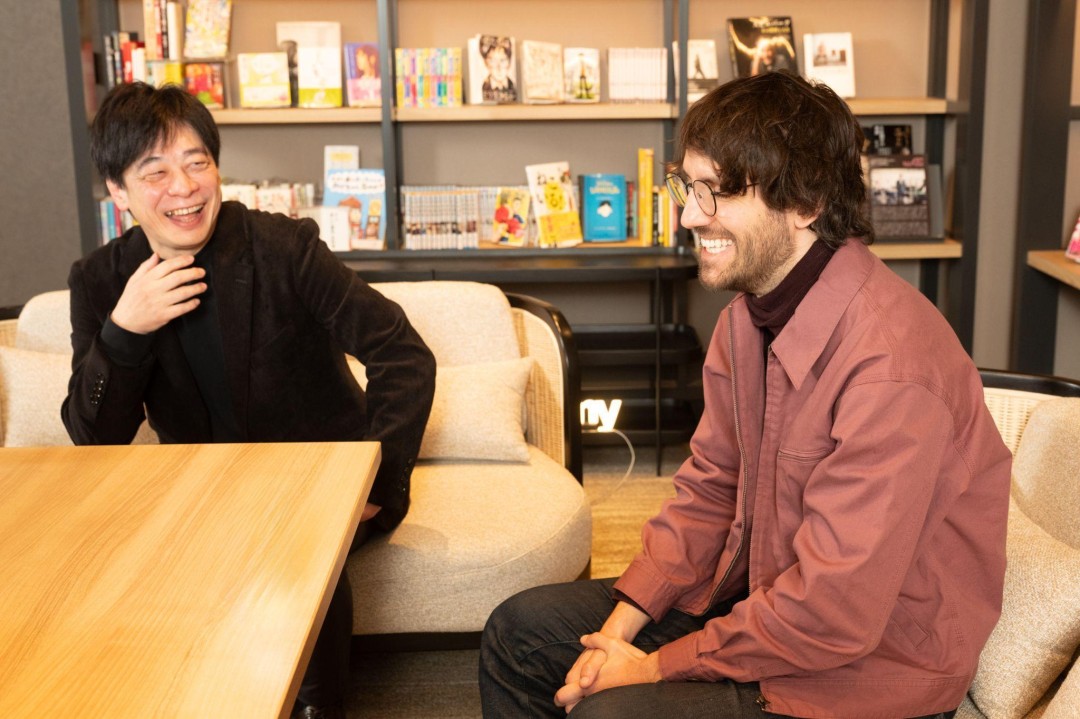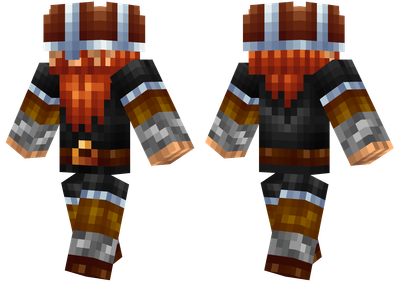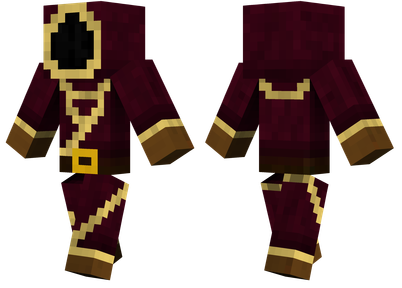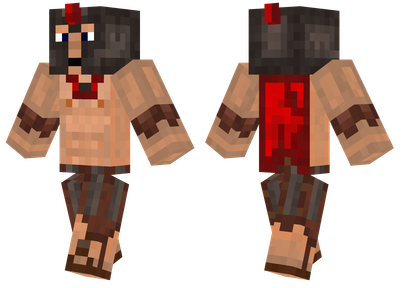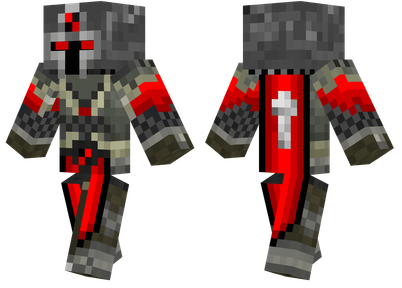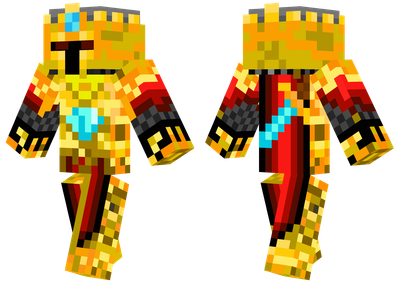"Final Fantasy 15" director Teru Tabata and "Light and Shadow: Expedition No. 33" director Guillaume Broche discuss the differences between Japanese and European and American RPGs in their eyes.
Japanese RPG
The enemy often needs a reason to fight
Characters who were once enemies usually team up against more powerful enemies
Experience various Japanese values and save the world with your partners
In the end, the villain may turn back
Growth elements are important
The protagonist is weak at the beginning, but he will grow up with his partners and achieve grand goals
Common jokes from European and American players: "Japanese games start with hitting mice and finally kill gods (laughs)" - Broche
The plot is more linear
The story will eventually become the player's own memory
A more spectacular and unprecedented world
Well-designed multi-level growth system and game progress
European and American RPG
The ending will change due to player choice
More serious tone
Pay more attention to reality
A more realistic and down-to-earth world view
The ending is often more cruel, all enemies are destroyed
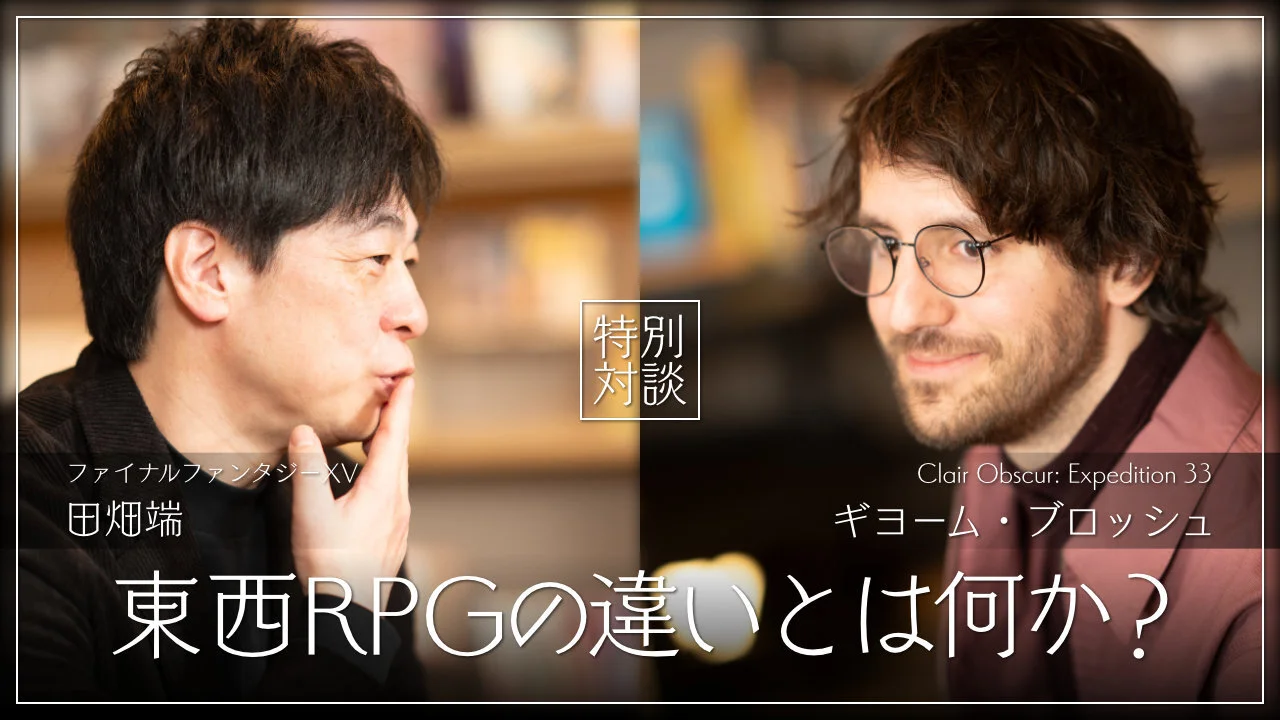
The following is a partial translation of the interview with the Japanese media denfaminicogamer:
Different views on life and death? Different values? - Tabata Duan, famous for "Final Fantasy 15", talks about the differences between Eastern and Western RPGs with French creators who have strong respect for Japanese RPGs
This year, she will make people disappear again-
Known as the "Secretless Girl", she wakes up once a year and draws numbers on the giant stone tablet... They are cursed numbers, and people whose age is written will turn into smoke and disappear from this world.In order to end this ruthless and absurd cycle of death, the mission of "Expedition Team 33" is launched here-
The above is the story summary of the RPG "Light and Shadow: Expedition No. 33" created by French development studio Sandfall Interactive.
Its setting and plot reminds people of Japanese RPG, which is not surprising, because "Expedition No. 33" was produced out of strong respect and inspiration for JRPG.Guillaume Broche, CEO and creative director of Sandfall Interactive, publicly stated that he is a huge fan of the Final Fantasy (hereinafter referred to as the FF) series.
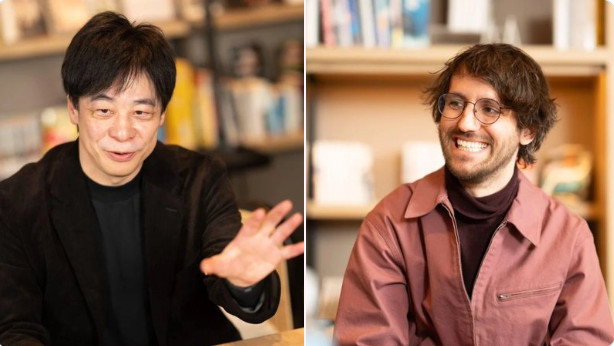
In France, Japanese games, comics, animations and other contents are extremely popular.As a Frenchman, Gillom, what specific elements of JRPG are integrated into "Expedition No. 33"? And what aspects does the difference between JRPG and Western RPG reflect? In order to discuss JRPG, this magazine took advantage of the opportunity of February to plan this conversation with Japanese game creators.
The person invited to talk to JP UNIVERSE Co., Ltd. is also the director of many RPGs such as "Final Fantasy 15", "Final Fantasy Zero", "Core Crisis - Final Fantasy VII -".
The Frenchman who learned Japanese with "FF8" made a JRPG "Expedition No. 33" full of genes
——I’m very happy to meet two of you today.The tribute to JRPG can be felt everywhere in "Expedition No. 33". Is JRPGs very popular in France?
Gillom:
France has a high popularity of Japanese comics and animations, especially from the 1990s to the 2000s, when Japanese animations were broadcast in large numbers on TV.I grew up in that era, and as a game fan, I naturally became interested in JRPG.
However, from the perspective of France as a whole, I don’t think everyone will be particularly aware of the category “JRPG”.
Tabata:
That probably matches your personal preferences.
Gillom:
Yes.My first home console was the first generation PlayStation, and the first game I played was Final Fantasy 8 (hereinafter referred to as "FF8".I almost learned how to play video games and even language through "FF8".I was very bad at that time and couldn't beat the boss, so I couldn't push the plot at all (laughs).
Later, I kept playing the "FF" series and I liked it the more I played it.
What I like about the "FF" series is first of all, the grand world view and the large scale of the story; secondly, the character creation, each character has a distinct personality and detailed portrayal, and I like them every time I play.
Moreover, each generation of "FF" has a completely different worldview and a brand new feeling every time.Plus the turn-based combat system, wonderful combat mechanisms, excellent music... everything is harmoniously integrated, and that sense of overall feeling is fascinating.Nobuo Uematsu's music has reached a level of worship.
Tabata: In addition to the "FF" series, what other games have you played?
Gillom:
"Fantasy Water Margin", "Alchemy Worker" series, "Shadow Heart", "Persona" series, "Legend of Dragon", "Reincarnation of the Real Goddess"... I play almost all Japanese games (laughs).I have been playing JRPG since I was a child, and I always choose JRPG when I buy new games.
Tabata:
No wonder.I just watched your game trial. Not only "FF", but it also incorporates a lot of other JRPG DNA (laughs).
Gillom:
Yes, this time the work condenses almost all my gaming experience.
From being criticized to being re-evaluated: Looking at the difference between JRPGs that "focus on character stories" and Western RPGs that "player-created stories" - In the early 2000s, JRPGs were negatively evaluated, but in recent years they have been re-recognized as a charming genre.What do you guys think of this change?
Tabata:
There have indeed been such periods.I'm also curious about what was going on in France at that time and what you think of Giom.
Gillom:
In France, from the early to late 2000s, JRPG's reputation was indeed very strict.For example, the review of "The Lost Odyssey" in Europe was very poor, and the entire JRPG type was not favored at that time, which also led to a decrease in the number of new works.
I personally have always liked JRPG and I think "The Lost Odyssey" is very good, so the public opinion at that time frustrated me.Maybe it was because there were fewer new works that I spent more time playing fighting games (such as "Sin Equipment") during that time.
However, the core love was not shaken, and this emotion was also integrated into "Expedition No. 33".
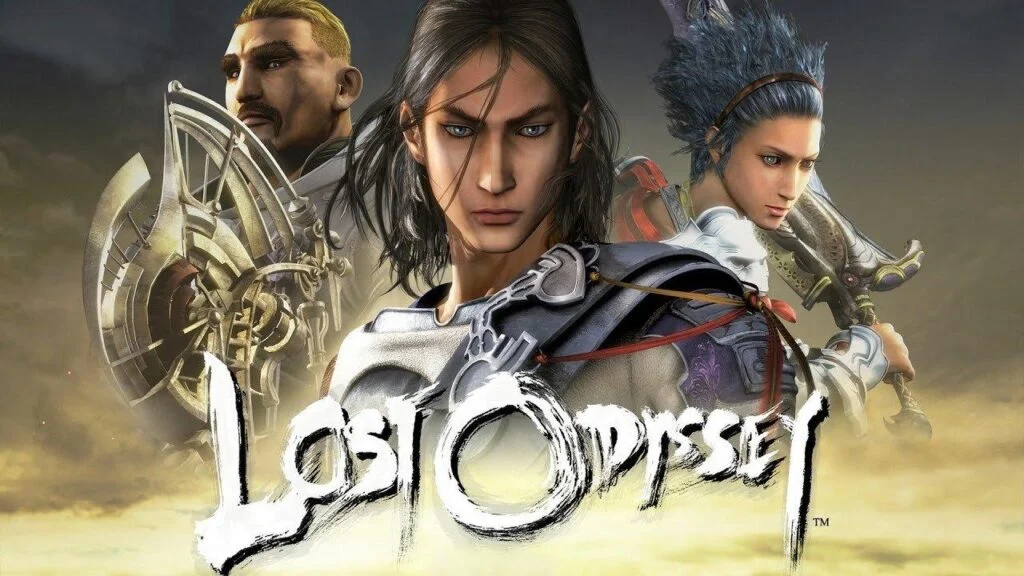
——In your opinion, what is the difference between Japanese RPG and overseas RPG?
Tabata:
In Japanese RPG, the enemy must also have "war reasons", which is a very Japanese idea.Common are characters who were originally enemies who fought side by side with the protagonist in order to deal with stronger enemies, which is also common in comics and animations.Let's save the world together, this value is very Japanese.
Even some children will eventually turn aside (laughs).
In the past, RPGs with strong Japanese values were easily regarded as "naive" in Europe and the United States, but in recent years, as Japanese culture has been accepted by the world, the image of JRPG has also improved.
Gillom:
In Europe, the ending of RPG is often "all enemies die" (laughs).
Tabata:
Yes, the difference is obvious.Another core of Japanese RPG is "growth" - the protagonist goes from weak and powerless to growing up with his partners, and ultimately achieving big goals.
There is a joke in the West: "Japanese games start with fighting mice and finally killing gods." (Laughs)
Everyone: (laughs)
Tabata:
It is this kind of growth that allows players to produce "his own story" when they pass the level.Although the plot is fixed, players' exploration and choices will become their own memories, which is exactly the charm of Japanese RPG.
Gillom:
Western RPGs are more about shaping different endings through choices, with players leading the plot; Japanese RPGs focus on strong plots and more linear experiences, and players are the process of "watching" the character selection.
Tabata:
What about Western RPGs?
Gillom:
Western RPGs usually maintain a serious and realistic tone from beginning to end. Although it feels real, it is sometimes a bit monotonous to me.
JRPG brings the excitement of "entering an unprecedented grand world", focusing on witnessing the story and growth of the characters and projecting this growth on oneself.
Tabata:
The growth system allows players not only to "look at" characters, but to assimilate with characters, making them more immersive.
Gillom:
Totally agree.The growth system and gameplay of Japanese RPG are very detailed and rich in layers.
For example, the first "FF8" I played was so complicated that I couldn't understand the "connection system" at first, but once I understood it, I could enjoy the fun of in-depth strategies and character cultivation, which is different from the charm of Western RPGs.
The core experience of RPG creation: Take players to save the world
Tabata:
I think the best thing about RPG is that it allows players to "experience and save the world".Take players to a world they have never seen before, let partners become important existences, grow together and achieve goals - this is a part that Japanese RPG values very much.
I hope players can experience the "importance of working with partners" and "intrinsic touch when completing goals" in the game, and even gain a little growth.
There is another idea that may be more special - I have always hoped that people who play my games will think, "I want to make games too."Let them know that making games is very interesting, and I also want more people to become creators.
——If you say so, you have already passed this thought to Gillom.
Tabata:
Yes, Gillom embarked on the path of creators by playing various games.This is really great.
